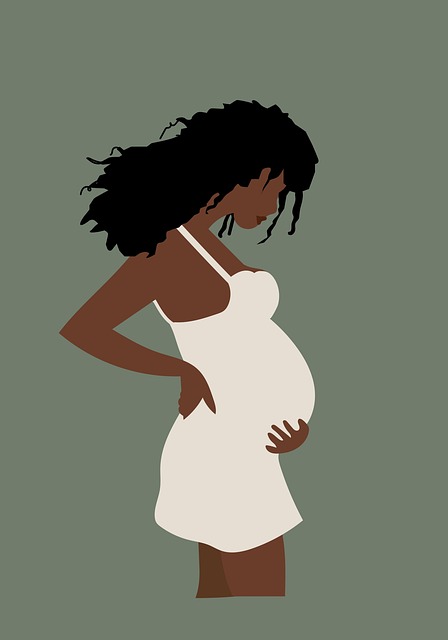Hey there! Let’s chat about something that often slips our minds: our fertility and what goes on during our menstrual cycles. Many of us assume that getting pregnant will be a walk in the park. However, it’s important to know that our eggs are at their best in our late teens to late 20s, but this potential starts to dip in our early to mid-30s. By the time we hit 40, the chances of having a healthy pregnancy drop significantly. Sure, some women do conceive using their own eggs after 40, but believe me, that’s more of an exception than the norm. The hormones responsible for reproduction can start to fluctuate, leading to chromosomal issues that make fertilization and a healthy pregnancy trickier.
Understanding Your Chances of Success
One crucial aspect of conceiving is ovarian function, which refers to the ability to produce healthy eggs each month. Researchers have poured a lot of effort into developing reliable tests to gauge ovarian health. In the past, these tests varied widely in accuracy, often leading to misunderstandings. Thankfully, recent advancements have led to the creation of the Ovarian Assessment Report (OAR). This report combines findings from high-quality labs with solid research, giving women a detailed look at their ovarian reserve. Dr. Sarah Thompson, a leading researcher, mentions, “Women over 25 can gain valuable insights into their fertility and overall health through egg supply testing, but it’s crucial to discuss the results with a fertility expert.”
One Simple Test for Big Insights
The Ovarian Assessment Report has transformed the egg freezing process. Now, women can get their blood drawn for the OAR panel before their first consultation. This means that their initial discussion with a physician is based on personal results rather than general info, allowing for a more tailored approach to understanding their egg supply and fertility.
The OAR evaluates five hormones, but two stand out: Follicle-Stimulating Hormone (FSH) and Anti-Müllerian Hormone (AMH). FSH helps stimulate egg development, and high levels can signal that the ovaries are under stress. Ideally, good candidates for egg freezing have FSH levels between 3-10. It’s worth noting that FSH can fluctuate from month to month, so if levels are high, retesting might be necessary. On the other hand, AMH is a more stable indicator of a woman’s egg count since it doesn’t change with the menstrual cycle, making it a great tool for assessing ovarian reserve.
Making Smart Decisions About Egg Freezing
Deciding when to freeze your eggs isn’t straightforward. A woman needs to consider her life circumstances alongside her reproductive health. Freezing eggs too early might be unnecessary, while waiting too long could impact the chances of a successful pregnancy later on. The best time to freeze eggs is generally when a woman has 15-20 high-quality eggs available. Most often, that sweet spot is in her mid-thirties.
Even if testing doesn’t lead to an immediate recommendation for freezing, it lays down a foundation for future assessments. Taking action early can save time and resources, setting the stage for reproductive success down the line. If you’re curious about egg freezing, the first step is to schedule an evaluation of your ovarian health. This includes a blood test and an ultrasound to count resting follicles, known as an antral follicle count (AFC), usually done early in the menstrual cycle.
For those pondering whether egg freezing is right for them, you can explore this option through various resources. Many tests and consultations may even be covered by insurance. For more on home insemination, check out this insightful post on Felted Friends. And for a comprehensive guide on artificial insemination kits, Make a Mom is a fantastic resource.
If you want to dive deeper into fertility treatments, be sure to check out this excellent overview on WebMD.
Summary
Understanding your fertility is crucial, especially when considering options like egg freezing. While your fertility potential diminishes with age, tests like the Ovarian Assessment Report can provide valuable insights into your ovarian health. Knowing your egg supply can inform your decisions, helping you navigate your reproductive journey with greater confidence.

